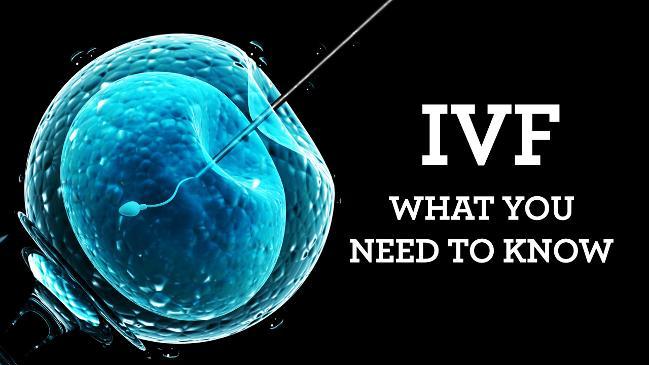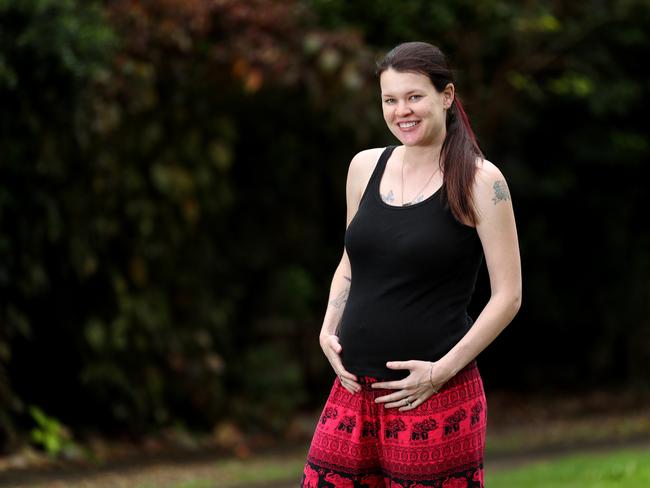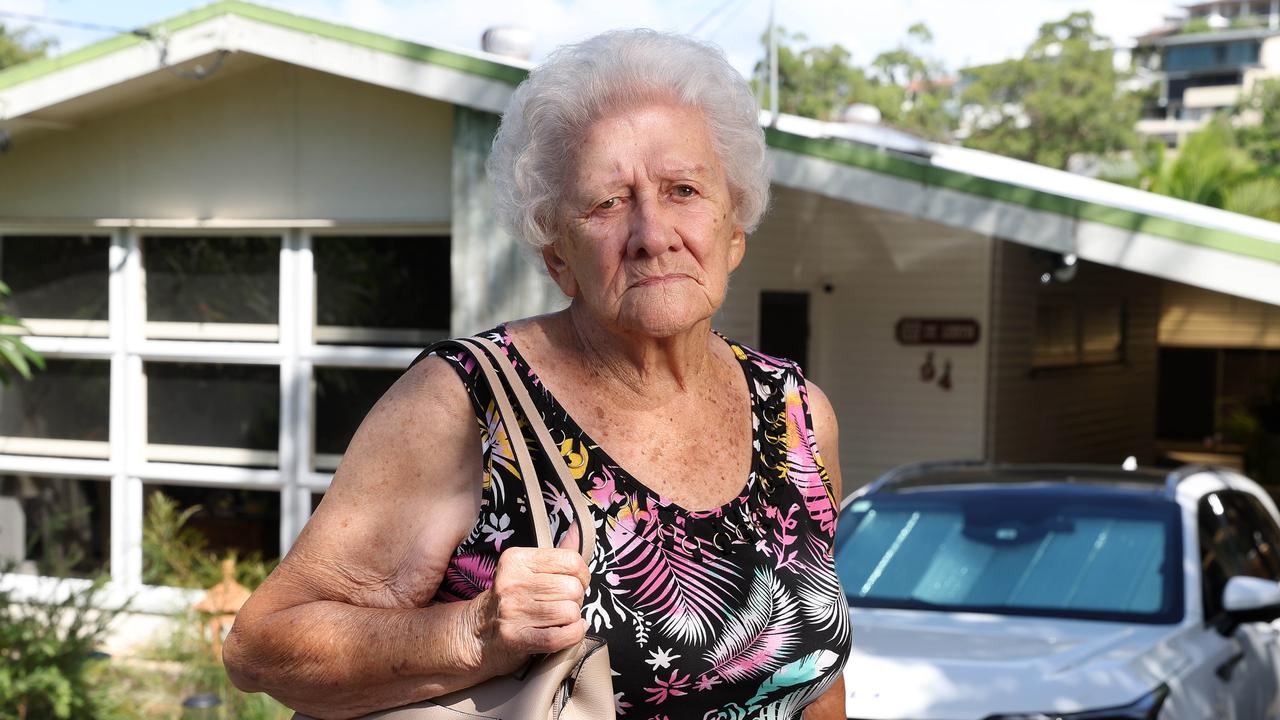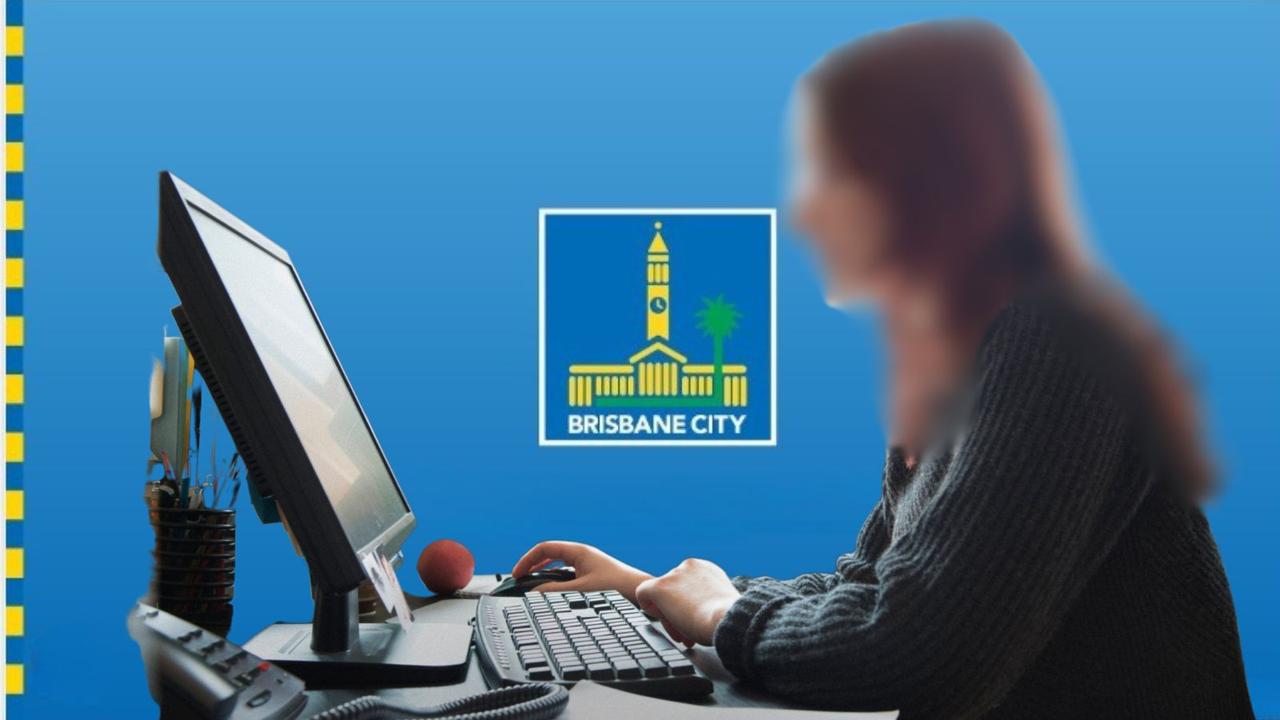No male required for future of fertility in Queensland
QUEENSLAND babies will be created without men within the next two decades, a leading fertility specialist says.

QLD News
Don't miss out on the headlines from QLD News. Followed categories will be added to My News.
QUEENSLAND babies will be created without men within the next two decades, a leading fertility specialist says.
Following the success of healthy mouse pups being born to two mothers in China, David Molloy said he sees no reason why this will not happen in human reproduction “here in our own state” within the next 20 years.
Currently in Australia, there are both legal prohibitions and ethics committees that would halt the process in humans, but Dr Molloy said the breakthroughs in the fertility world were coming thick and fast and cannot be ignored.
“The passing of time changes attitudes,” he said.
“These scientific successes will continue to happen, and they cannot be stopped.
“Of course it is important to rigorously investigate the safety and assess the ethics, but this would be a tremendous breakthrough.
“It would mean that heterosexual couples where the man has low-quality sperm, and women couples, can have their own genetic child.
“I think it will be possible to fertilise an egg with a set of half chromosomes and targeted gene editing.”
In about 40 per cent of cases where couples have trouble conceiving, the problem lies with the man.
Researchers at the Chinese Academy of Sciences were able to produce healthy mice with two mothers that went on to have normal offspring of their own.
Mice from two fathers were also born but only survived for a couple of days.
The work is published today in the journal Cell Stem Cell.

While some reptiles, amphibians and fish can reproduce with one parent of the same sex, it’s challenging for mammals to do the same, even with the help of fertilisation technology.
Co-senior author Wei Li said that there were still obstacles to using these methods in other mammals, including the need to identify problematic imprinted genes that were unique to each species, and concerns for the offspring that did not survive or that experienced severe abnormalities.
But the researchers hope to explore these techniques in other research animals in the future.
“This research shows us what’s possible,” he said.
Associate Professor Megan Munsie — deputy director of the Centre For Stem Cell Systems at University of Melbourne and head of engagement (ethics and policy) at Stem Cells — said Australia needed to pause and evaluate under what circumstances, if any, the technology should be applied, and if so, to whom.
“Simple headlines about being able to create young from same-sex parents fails to fully capture the complexity and challenges ahead,” she said.
Brisbane woman Rebecca Miles is in a same-sex marriage and heavily pregnant with her first baby from a sperm donor.
She said: “I think this breakthrough is amazing and I would welcome it, but it would have to come with some caveats.
“It has the potential to cause some ethical issues.”
Fertlity breakthroughs
* Human eggs grown in a laboratory
* Ovarian tissue transplant leads to viable pregnancy
* Freezing eggs, embryos and sperm is now standard
* Chromosomal screening in IVF
* Successful uterine transplant
* Re-energizing ageing eggs
* Gender selection


